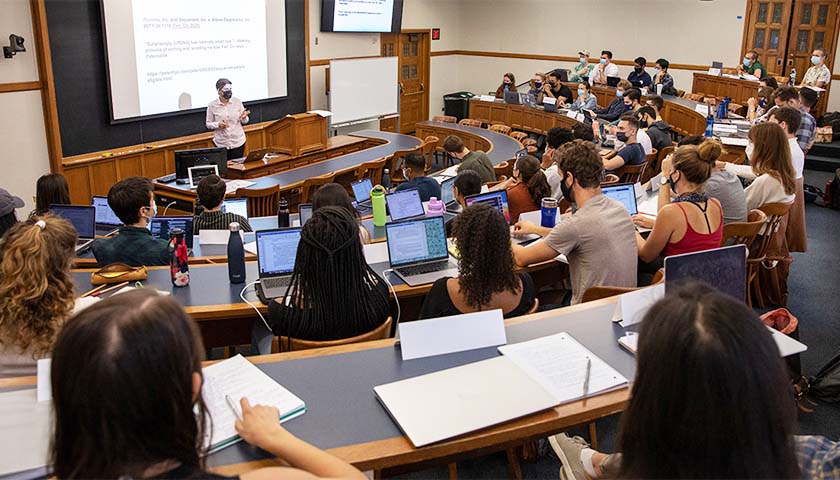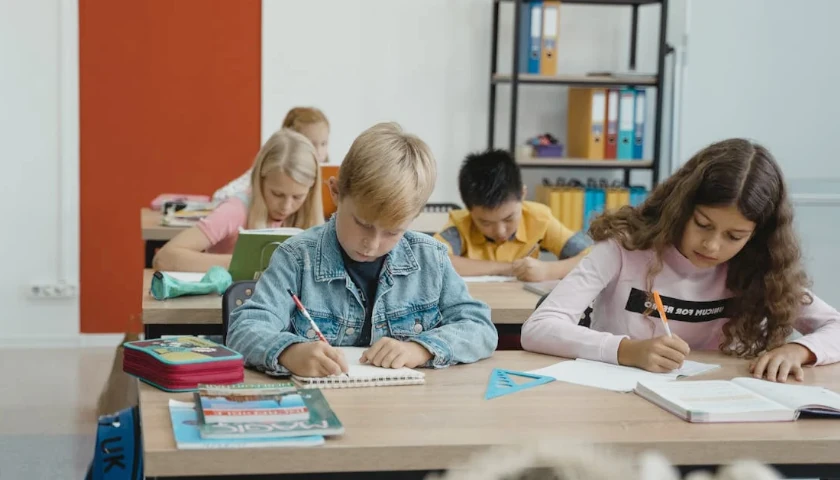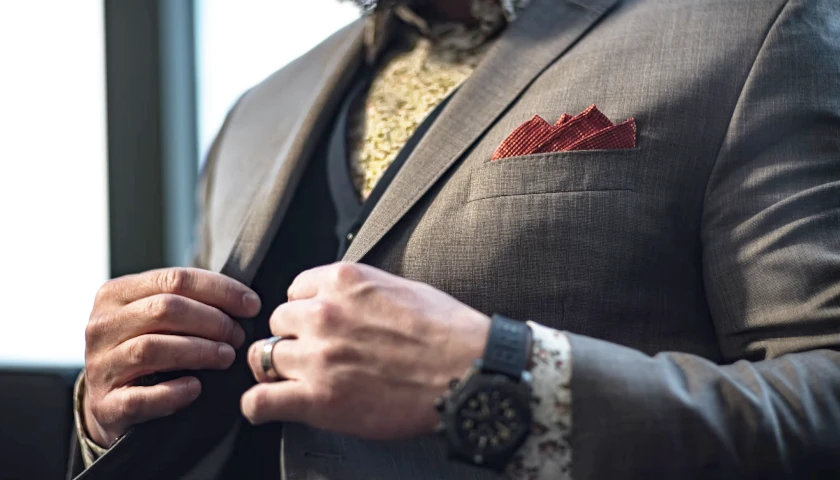by Sophia Vitter
About two out of every three law school students believe social justice is more important than obtaining a winning result for a client, according to the results of a recent survey of current law school students conducted by the Buckley Institute.
The national survey of 232 law school students asked: “Thinking about when you start practicing law, which of the following do you believe is more important: Ensuring that the client you represent gets a winning or favorable result or ensuring that the work you do advances a more socially just and equitable legal system?”
Sixty-nine percent of respondents chose a “socially just” outcome, while only 28 percent chose a “winning result,” and the rest, three percent, were unsure.
Lauren Noble, Buckley Institute’s founder and executive director, called those results “most concerning for future law firms.” These future attorneys “care more about social justice than they do about delivering a favorable result for their potential clients,” she said in a news release.
The future attorneys were also asked whether criminal law practitioners should extend special sympathy to perpetrators because they often face difficult circumstances and systemic injustices, or whether they should extend special sympathy to victims “because the rule of law is paramount and people are entitled to basic rights of safety and security.”
About half, 53 percent, said victims, but a large chunk — 29 percent — said the perpetrators, and another 19 percent were unsure, according to the results.
When broken down by respondents’ ideology, the vast majority of conservatives and Republicans sided with victims, while law students who identified as liberal or Democrat sided with perpetrators.
“It was particularly alarming to see that pluralities or near pluralities of progressive students see social justice as requiring more sympathy for criminals than the victims of their crimes, an echo of the policies progressive District Attorneys are pushing in big cities,” said Ari Schaffer, communications director at the Buckley Institute, in an email to The College Fix.
The online survey was conducted April 25 to May 25 and released in late June by the institution.
It also found 54 percent of law students say the LSAT is “an unfair way to evaluate prospective law students’ and it should be disregarded in the application process.” Another 57 percent called the bar exam unfair, too.
The poll also asked about free speech and academic freedom issues.
One-third of respondents said they had felt intimidated sharing their opinions in class because they differed from their professor’s views, and 50 percent said they often felt intimidated sharing opinions in class because they differed from their peers’ views.
On both measures, students who identified as Republican were more likely to agree that they felt intimidated when sharing opinions.
“There has always been an undercurrent of censoriousness on campus but we’ve seen it reach new heights in recent years,” Schaffer told The Fix.
“Though law students do better than their undergraduate peers on free speech, it’s not a surprise that the more progressive a student is, the more likely they are to support censorship of their fellow classmates.”
Reached for comment by The College Fix about the survey results, the American Bar Association referred The Fix to its new accreditation standard 208.
Approved earlier this year, the standard mandates law schools “adopt, publish, and adhere to written policies that protect academic freedom.”
Law schools must protect “the rights of faculty, students, and staff to communicate ideas that may be controversial or unpopular, including through robust debate, demonstrations, or protests,” it states.
Schaffer said concerns about free speech have played out on campuses in recent years.
“Yale and other prominent law schools have seen shout downs and calls for censorship led by this small but loud minority of censorious, progressive students,” he said. “Law school leadership has done little to stop these disruptions, emboldening the disruptors to demand more restrictions on speech that upsets them.”
Examples include a March 2022 incident in which “a Yale student panel on free speech was shouted down by progressives upset about one of the conservative speakers on the panel.”
He also cited recent law school disruptions at Stanford and UC Hastings.
Schaffer said these free speech violations have been encouraged by administration and at Yale, “those who shouted down the free speech panel weren’t punished at all.”
“As university after university drops academic consequences for those who occupied campus buildings, blocked traffic, or otherwise threatened their classmates in protest against Israel, the problem will only get worse,” he said.
“Law school leaders, and university leaders more broadly, need to understand that in accommodating the demands of a censorious and disruptive minority, they are sacrificing the interests of the majority of their students,” he said.
– – –
College Fix contributor Sophia Vitter is a student at the University of Calgary majoring in international relations. She grew up just outside of Washington, D.C., where she developed an interest in global affairs and politics.
Photo “Law School” by Yale Law School.





